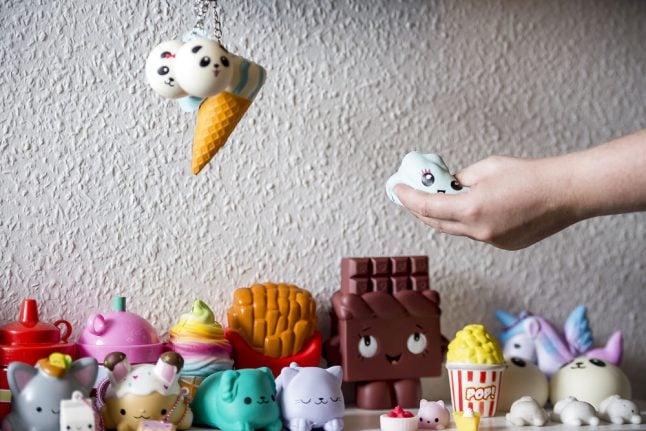Minister for the Environment and Food Jakob Ellemann-Jensen and Business Minister Rasmus Jarlov are to beef up legal framework against companies and suppliers who sell dangerous toys.
Rule changes will mean that complaints can be pursued whenever toys containing hazardous substances are sold, regardless of whether the seller was aware of the issue at the time of sale.
Currently, prosecution is only possible when sellers willingly sell unsafe toys.
“In future it will also be possible to punish companies that are slack with safety,” Ellemann-Jensen said via a press statement.
“As such, companies will be increasingly responsible for what they sell,” the minister added.
Jarlov said he expected retailers and importers of toy products to improve practice as tighter rules are introduced.
“I think this will make companies, that perhaps weren't as thorough before, think a little more about the rules,” he said.
The government measure comes after reports earlier this year of the withdrawal from the market of certain products of squishies, a soft toy made from foam. The toys were found to contain potentially harmful chemicals.
The Ecological Council (Det Økonomiske Råd), an independent environmental organisation, welcomed the move but added that labelling on products was the best way to promote safety.
“The bulk of the responsibility is on producers and this would help the stores that sell toys,” the organisation’s senior advisor Lone Mikkelsen said.
“That would give customers the option of choosing for themselves not to buy, for example, hormone-disrupting chemicals that are not yet forbidden in toys,” Mikkelsen added.
READ ALSO: Denmark pressures EU on everyday chemicals



 Please whitelist us to continue reading.
Please whitelist us to continue reading.